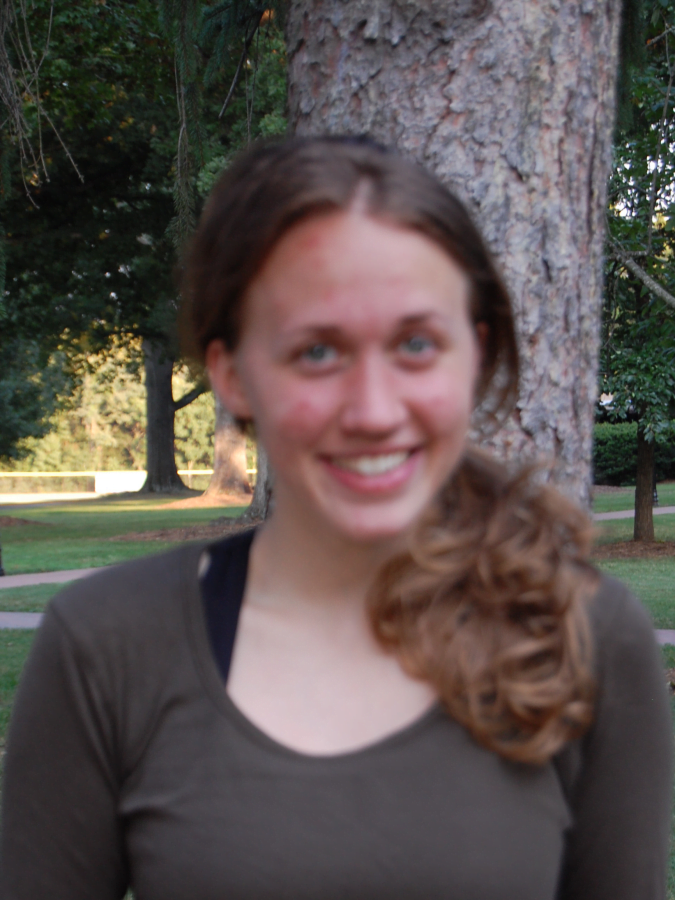Scattered across the newsstands of Greensboro is a free orange pamphlet that provides the local candidates’ stance on three hot button issues. On the front of this handout, sandwiched between “How can jobs be created in Greensboro?” and “Should the White Street Landfill be reopened?” is the simple question “Is Greensboro Racially Divided?”
This question is not new or unique to Greensboro. Nonetheless, the Nov. 8 local election can be particularly influential on this issue because it is acknowledged more as an issue in this election.
The attention from the recent attempt to reopen White Street Landfill has made inner-city divisions and inequalities more apparent.
“White Street Landfill was an instance when one group was bearing 100 percent of the burden,” said Robbie Perkins, challenging candidate for mayor, in a phone interview.
Greensboro’s racial climate is unmistakably unique.
According to a 2010 CNN report: “For the first time, Greensboro’s minorities outnumber white residents, 51.6 percent to 48.4 percent, census data showed.”
This city has a history of serving as the backdrop for racial tension and progress. Greensboro still boasts about the monumental sit-ins of the 1960’s civil rights movement.
However, this rich heritage does not exempt the city from occasionally experiencing claims that a race card is being played, whether these claims have validity or not.
More recently, Greensboro’s hot button issue of 2010 concerned the proposed development of a downtown luxury hotel. The fact that 51 percent of the hotel was owned by African-Americans only made the situation all the more controversial. When the plan was blocked by city government, the developers accused city council of racial bias.
So what can a candidate offer to this issue?
Few in the race have agendas that specifically combat the racial divide and, according to Faculty Secretary and Ombudsperson, Janet Wright in fact, be removed by government policies.
No matter who is elected, people will still choose to be separated to some degree, which is evident in how people choose to spend their free time.
“There is a common expression: ‘Sunday morning is the most segregated day of the week,'” said Wright.
“Race is an issue in America, not just in Greensboro,” said Perkins.
Wayne Abraham, at-large City Council candidate, emphasized that proposed programs should be approached with the knowledge that this divide exists.
Even if the issue is sometimes too illusive to combat directly, if we stay conscious of it, then that is a form of progress. Knowledge of this issue is evident in the agenda of many politicians. There is a trend of stressing the importance of creating jobs in the area through environmentally sustainable programs, even addressing a greener solution to the White Street Landfill.
“We don’t need to be divided,” said Abraham. “We are all neighbors and residents of this city.”

